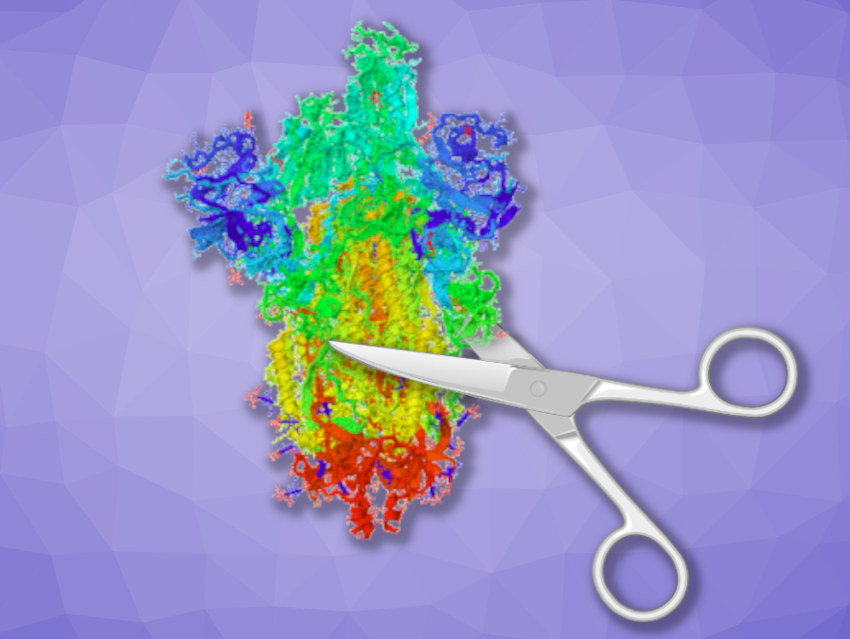COVID-19 can affect a surprising number of organs in the body and can also result in longer-term health problems, or long COVID. The exact mechanism of these widespread effects is still unclear. A buildup of abnormal proteins, called amyloidosis, is involved in other diseases that can cause similar symptoms to those of COVID-19, e.g., neurodegeneration or blood clots. Thus, it would be interesting to know whether parts of the SARS-CoV-2 spike protein can form such misfolded proteins, or amyloids.
Sofie Nyström and Per Hammarström, Linköping University, Sweden, have investigated this issue. The team looked at a library of different peptide fragments that could be created from the spike protein during an infection by enzymes involved in the body’s immune response. They then used assays of peptide mixtures, together with theoretical predictions, to identify peptides that are prone to form amyloids.
The team found seven potentially amyloidogenic sequences within the sequence of the spike protein. Three of these peptides fulfilled all criteria for amyloid formation in the researcher’s experiments. One peptide, in particular, called Spike192, formed exceptionally well-ordered amyloid fibrils. Such fibrils could, for example, lead to hard-to-degrade micro blood clots involved in COVID-19 and long COVID. Overall, the formation of amyloids from the spike protein could be important for understanding COVID-19 and long COVID.
- Amyloidogenesis of SARS-CoV-2 Spike Protein,
Sofie Nyström, Per Hammarström,
J. Am. Chem. Soc. 2022, 144, 8945–8950.
https://doi.org/10.1021/jacs.2c03925
Also of Interest
- Collection: SARS-CoV-2 Virus
What we know about the new coronavirus and COVID-19




